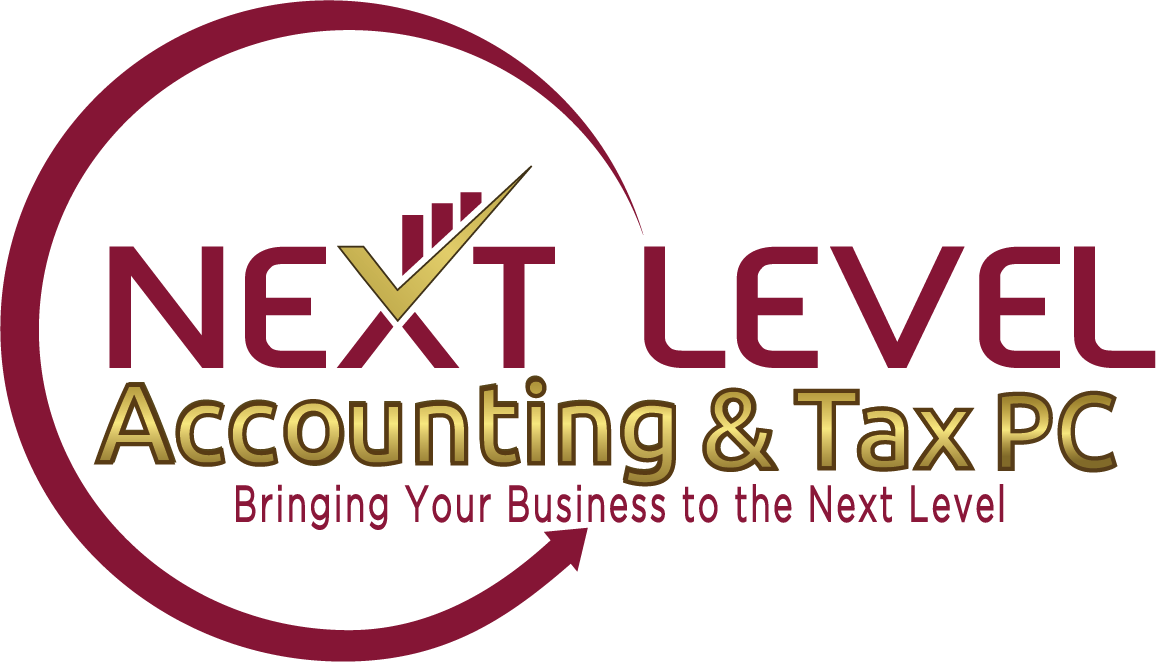Tax Guide for Rental Real Estate
Reap Financial Rewards From Your Real Estate Investments
 Have you ever pondered the idea of owning rental property? What could be better than enjoying tax breaks while tenants buy your property for you? Sadly, there’s a lot more to real estate investing than that. Success takes careful planning and a share of good luck.
Have you ever pondered the idea of owning rental property? What could be better than enjoying tax breaks while tenants buy your property for you? Sadly, there’s a lot more to real estate investing than that. Success takes careful planning and a share of good luck.
The financial rewards from a real estate investment come in three ways: monthly cash flow, tax benefits, and appreciation of the property.
Cash Flow
Your cash flow is the difference between the rental income you receive and your total cash you payout, such as mortgage payments, taxes, insurance, and repairs. Your cash flow may reflect only a small positive cash flow or even a negative cash flow.
When looking at your expected cash flow, don’t forget to allow for vacancies, or for unexpected repairs, such as a leaking roof or a new furnace. Make sure you have the cash reserves to deal with such situations.
Deductible Expenses
Our tax laws allow you to deduct certain expenses from your rental income. Included are your rental expenses, such as mortgage interest, property taxes, insurance, and maintenance. You can also depreciate buildings and improvements. Deducting depreciation can produce a net tax loss from your rental investment.
Appreciation
A large part of the financial bonus from owning rental real estate has come from appreciation in the value of the property. Depending upon the housing market, it may take many years to realize any meaningful appreciation.
Managing Your Rental Property
If you own rental property, you are no stranger to the amount of work it takes to manage the property. Hiring property managers can eat into your profits but ease the workload on you. Remember to take into account that location is important, the correct tenants are critical, and you need to maximize your tax breaks. And most of all, remember that there is a lot of work resting on your shoulders.
